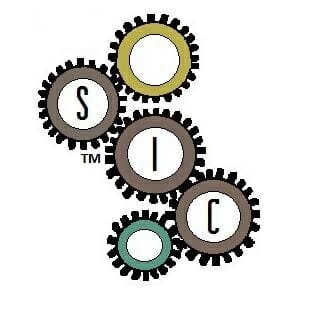Based on Research Conducted at OSLC
The SIC Coaching project aims to define the organizational activities that are needed to sustain the adoption of evidence-based programs, and test the impact of an empirically derived strategy to support the integration of implementation fidelity and intervention fidelity.
Project Overview
 The Stages of Implementation Completion® (SIC) Coaching project has two distinct but interrelated primary objectives. First, this project aims to extend the original 8-staged SIC into the sustainment phase of implementation. Specifically, in partnership with Treatment Foster Care Oregon (TFCO) and Multidimensional Family Therapy (MDFT), the SIC team will define the organizational activities that are needed to sustain the adoption of evidence-based programs that address adolescent substance abuse and other high-risk behaviors. Second, the project will evaluate whether the integration of implementation fidelity (fidelity to the implementation process) with intervention fidelity (fidelity to the clinical intervention) can increase the probability that a new organizational site not only successfully adopts a program but develops the infrastructure to ensure it can sustain. The project will test the impact of the empirically derived SIC Coaching Strategy (SIC-CS) on the implementation of TFCO and MDFT through a randomized evaluation of SIC-CS.
The Stages of Implementation Completion® (SIC) Coaching project has two distinct but interrelated primary objectives. First, this project aims to extend the original 8-staged SIC into the sustainment phase of implementation. Specifically, in partnership with Treatment Foster Care Oregon (TFCO) and Multidimensional Family Therapy (MDFT), the SIC team will define the organizational activities that are needed to sustain the adoption of evidence-based programs that address adolescent substance abuse and other high-risk behaviors. Second, the project will evaluate whether the integration of implementation fidelity (fidelity to the implementation process) with intervention fidelity (fidelity to the clinical intervention) can increase the probability that a new organizational site not only successfully adopts a program but develops the infrastructure to ensure it can sustain. The project will test the impact of the empirically derived SIC Coaching Strategy (SIC-CS) on the implementation of TFCO and MDFT through a randomized evaluation of SIC-CS.
Patterns of cost and resource allocation will be examined using the Cost of Implementing New Strategies (COINS) cost mapping tool, an adjunct to the SIC, to assess how resource use impacts program sustainability. SIC-CS utilizes a web-based SIC and COINS tool that provides feedback about a site’s implementation behavior relative to other successful sites. Purveyors will be trained to integrate SIC coaching into their existing coaching activities with newly adopting sites randomized to receive the SIC-CS. SIC data and feedback will be withheld from sites randomized to Standard Consultation. It is hypothesized that sites that receive integrated implementation and intervention fidelity feedback as part of their technical assistance will be more likely to develop sustainable programs than sites that receive standard support. These innovative methods have the potential for a highly significant public health impact by reducing wasted resources on failed implementation attempts and increasing the availability of quality evidence-based services for vulnerable and costly populations.
Year Project Began: 2018Funder: National Institute on Drug Abuse
Formerly Affiliated Principal Investigator:
- Lisa Saldana, Ph.D.
